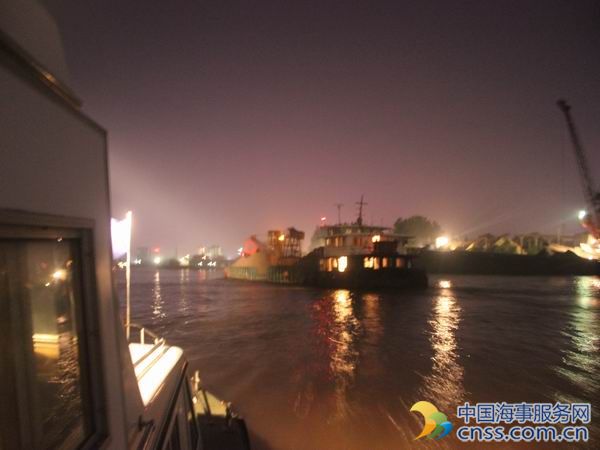Shipowners and Mariners Don’t Suffer Fools Gladly with “Disruptive” Big Data Technologies

Semantics…this is all “Disruptive Technology” is. What value does it give to the Shipowner? Give them the meat on the bones to chew on. Bottom line, Maritime is mired in tradition and conservative culture. The transient crews and very nature of complex Ship ownership, various Vessel Charter-parties, Flag State Regulations, Class Rules, Industry regulations…the list goes on, provides for complex understanding.
It creates tedious issues that requires careful navigation (excuse pun)…to deal with to help the shipping fraternity when new technologies or processes present themselves that supposedly “disrupt” their existing business models and onboard “way-of-life”. Consider an average sized commercial vessel can see between 80-120 different OEM Suppliers even many more on certain vessel types so all this adds to further complexity onboard.
Mariners are very pragmatic, perceptive people. They have to be…who will come to their aid in the middle of the Pacific or Atlantic with a Force 12 Typhoon/Hurricane respectively, now extending beyond the Beaufort Scale, with no steerage, Main Engine Failure, water ingress? Who will aid them when 120nm out at the drop of an hat on the UK/Norwegian/Texan Continental Shelf tapping into the hydrocarbons that powers the world economies with inherent high risks associated with these operations? No-one…immediately, that is for sure. So they have to find their own solutions in isolation.
So, our esteemed Maritime (Offshore Included) colleagues need solutions that affords minimal disruption to vessel functionality/operability…cost effectively. Cost-effectively, requires emphasis because a Ship can have many OEMs (as above) all vying to sell their Sensors, Condition Monitoring services etc but not all CM services are truly the most applicable and cost effective technique available, unless rigorous engineering analysis proves otherwise.
Will sticking a “sensor” on it to feed datasets really make the difference?…maybe, but what the solution really is are to build them a reliable platform for their vessel first and foremost that is safe, reliable and durable and develop a 21st Culture of Reliability and ownership. Then stick the sensors on later and interpret the “big data” after they have mastered reliability.
The best analogy that comes to mind is sticking a complex Dynamic Positioning (DP) System on an Oared propelled Viking Longboat…illogical. So “disrupting” with big data is a costly exercise for the Shipowner because digitalisation starts with reliability. If the vessel runs as-is with existing models, this will not benefit the Shipowner in the remotest sense. This is not opinion, but empirical fact.
Shipowners and Mariners are unique people, who do not suffer fools gladly, believe me. The Crews onboard have enough to deal with with copious amounts of unjustified regulation, that at best is costly to the Shipowner and time consuming too to shore base support and onboard, at worst it is potentially dangerous.
So we must give them something that will benefit the Shipowner, Crew and all stakeholders…all this “disrupting” technology may just not deliver the efficiencies it so promises…yet; without developing the platform of reliability first and foremost and analysing which systems would benefit mostly from Condition Monitoring etc.
It is incumbent upon us to responsibly provide [by far the cogs of global commerce] appropriate, cost effective tools to improve vessel safety and reliability, efficiently to deliver the goods safely for the Crew, the vessel, the cargo, the environment and the global economy. Shipping accounts for 90% of global trade, least we forget how important Shipowners, Maritime Professionals onboard Ship who face the perils of the sea in maintaining global commerce are. Let us collaborate and bring to the industry a proper platform to greatly improve vessel safety, reliability and efficiency, not a myriad of sensory technology at least without engineering analysis to justify its presence.
Source: Relmar
HEADLINES
- Do shipping markets want Biden or Trump for the win?
- All 18 crew safe after fire on Japanese-owned tanker off Singapore
- Singapore launching $44m co-investment initiative for maritime tech start-ups
- Cosco debuts Global Shipping Industry Chain Cooperation Initiative
- US warns of more shipping sanctions
- China continues seaport consolidation as Dalian offer goes unconditional